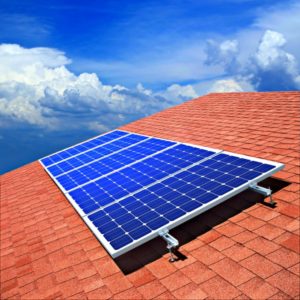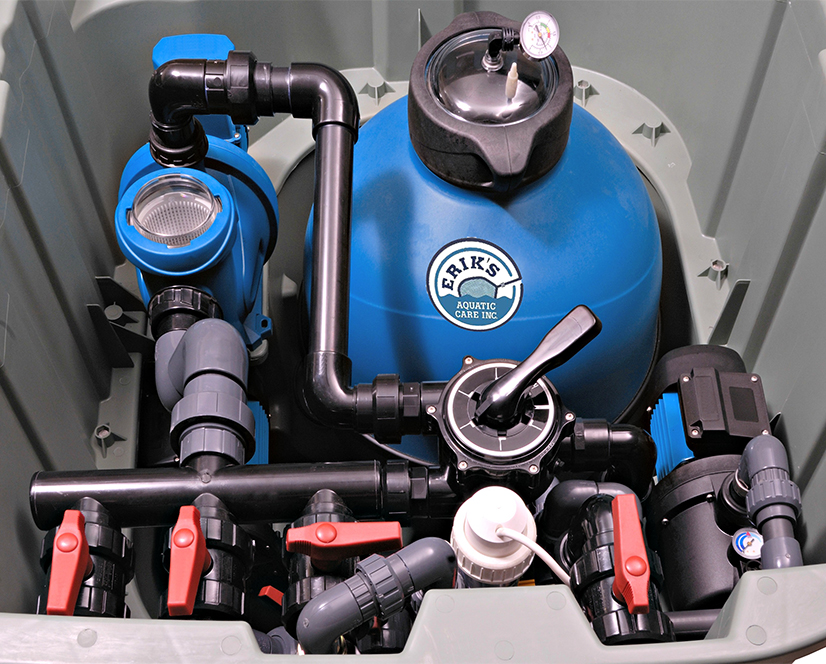Just like with the various types of pool waters to use in your own pool, there’s also many heater options available. The major options on the market are solar, gas and electric (also known as heat pumps). Each type comes with it pros and cons–some of which are dependent on your lifestyle and location in the country. We’re going to cover the breakdown of pool heaters for you in this blog.
In our experience, pool owners across the market tend to bend toward gas heaters more than electric. Gas heaters make up 60{49719dccefdf8f13231f745f8029506257ec6f55a0466a63a6a49aacfde2ef6e} of our clientele’s home pool options. Electric makes up for roughly 10{49719dccefdf8f13231f745f8029506257ec6f55a0466a63a6a49aacfde2ef6e} of our book of business. Solar is slowly growing beside both options.
Solar Pool Heaters
A common misconception for solar heaters is that its cost efficient. Depending on how you set yours up, it can be costly or costless. Keep in mind that the solar heaters will draw the sun’s energy into the water. Sunlight is free, but you’ll need to keep your pump running continuously which could drive up your utility bill. Of course, taking advantage of the sun’s energy is most useful in the southern states and in warmer climates. Solar heaters, while continuously running, can add on average of $25 to $80 to your monthly electric bill.
 Overall advantages of solar heaters include mild energy efficiency–it may take some modifying or tweaking of your system to manage the cost. Solar heaters still operate with your existing pool pump. The average lifespan of solar heaters on the market today are between 15 and 20 years and of course, they’re green. Using natural energy without leaving a carbon footprint is a plus for the future. Major disadvantages of solar heaters include the overall cost, averaging around $5,500. Your heat supply is dependent on the weather and limited based on time in the day. Without sunlight, you won’t be able to heat your pool. At night, you won’t be able to use the heating system either. It’s a slower process to heat your pool water.
Overall advantages of solar heaters include mild energy efficiency–it may take some modifying or tweaking of your system to manage the cost. Solar heaters still operate with your existing pool pump. The average lifespan of solar heaters on the market today are between 15 and 20 years and of course, they’re green. Using natural energy without leaving a carbon footprint is a plus for the future. Major disadvantages of solar heaters include the overall cost, averaging around $5,500. Your heat supply is dependent on the weather and limited based on time in the day. Without sunlight, you won’t be able to heat your pool. At night, you won’t be able to use the heating system either. It’s a slower process to heat your pool water.
Gas Pool Heaters
Gas heaters will perform off propane or natural gas. They burn the fuel within a combustion chamber. Pool water comes into the heater through a system of copper coils and returns warm to the remainder of the pool water. Compared to solar heaters, gas heaters can be a bit more cost efficient. They can add between $300 to $500 to your monthly electric bill. Personally, gas heaters are more popular among our snow-birding clients. However, for our full-time Florida residents, electric heat pumps are the default option chosen.
Overall advantages of gas heaters begin with the overall cost, averaging $1,500. Whether natural gas or propane, it will heat your pool more quickly. Unlike solar heating systems, gas operates independently of the surrounding environment. On the flip side, gas heaters are expensive to maintain as mentioned earlier. They has a shorter lifespan of 5 years and leaves a mark on the climate in terms of air pollution.
Electric Pool Heaters
To that end, electric heaters / heat pumps are the least expensive option for maintenance. Our customers’ bills only go up on average $50 to $150 a month, making them cheaper to operate. Like gas heaters, electric heaters also work independently of the surrounding environment. Their lifespan is higher than gas, coming in at 10 to 20 years all the while emitting no harmful pollutants. They’re expensive to purchase (roughly $3,000) and need the proper air temperature to operate, which can heat the pool water slowly.
If you’re considering a switch or brand new install, reach out to us directly to give you the best service in your area–call 941-321-9068! Cheers!
REFERENCES:
- http://www.aquacal.com/what-is-the-best-type-of-heater-for-a-swimming-pool/
- http://www.riverpoolsandspas.com/blog/how-much-money-does-swimming-pool-heat-pumps-really-save
Erik’s Aquatic Care is always here to answer questions you may have as a current or future pool owner. Cheers!

